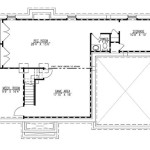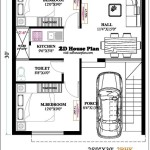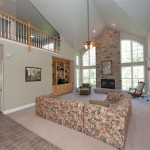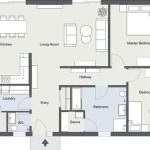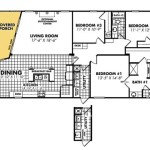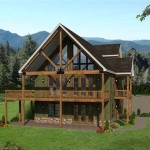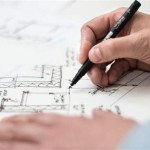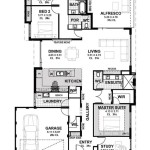Net Zero Home Design Plans
Net zero homes are designed to use as much energy as they produce, resulting in significantly reduced utility bills and a smaller carbon footprint. Achieving net zero requires careful planning and implementation, and a well-crafted design plan is essential. Here's an overview of what to consider when creating net zero home design plans.
Energy Efficiency
Minimizing energy consumption is crucial for net zero homes. Insulation, air sealing, and high-performance windows and doors are necessary to reduce heat loss and gain. Consider using passive solar design principles to harness the sun's energy for heating and lighting. Energy-efficient appliances and lighting will also contribute to reducing energy consumption.
Renewable Energy Generation
To offset the energy needed for heating, cooling, and lighting, net zero homes incorporate renewable energy systems. Solar photovoltaic (PV) panels are a common choice, as they convert sunlight into electricity. Other options include wind turbines, geothermal heating and cooling systems, and biomass energy.
Water Conservation
Water conservation is an essential aspect of net zero design. Low-flow fixtures, efficient irrigation systems, and rainwater harvesting are all strategies to reduce water usage. Consider using native plants and landscaping techniques that minimize water consumption.
Smart Technology Integration
Smart home technology can optimize energy use and enhance sustainability. Smart thermostats, lighting control systems, and energy monitoring tools allow homeowners to track their energy consumption and make adjustments accordingly. Remote access and monitoring capabilities enable homeowners to manage their home's systems even when they're away.
Building Materials and Construction
The choice of building materials and construction methods can significantly impact a home's energy efficiency and durability. Sustainable materials, such as recycled or rapidly renewable resources, reduce the environmental impact. Energy-efficient framing techniques and construction practices ensure airtightness and minimize thermal bridging.
Passive House Standards
Passive House is a rigorous international standard for energy efficiency in buildings. Passive House homes are designed to achieve extremely low energy usage through meticulous attention to insulation, airtightness, and passive solar design. Incorporating Passive House principles into net zero home design plans can ensure exceptional energy performance.
Design Considerations
Beyond technical aspects, net zero home design plans should also consider the following design elements:
- Orientation: Optimizing the home's orientation to the sun maximizes solar gain and reduces energy consumption.
- Floor plan: Compact, well-connected floor plans minimize energy loss and facilitate passive heating and cooling.
- Windows and doors: Large windows on the south side allow for passive solar heating, while well-placed windows and doors promote natural ventilation.
- Thermal mass: Materials with high thermal mass, such as concrete or masonry, absorb and release heat, regulating indoor temperatures.
- Indoor air quality: Net zero homes prioritize indoor air quality through proper ventilation, filtration, and the use of non-toxic materials.
Conclusion
Creating net zero home design plans requires a holistic approach that considers energy efficiency, renewable energy generation, water conservation, smart technology integration, and sustainable building practices. By incorporating these elements, architects and designers can create homes that minimize their environmental impact and provide a comfortable, healthy living environment.

Net Zero Home Design Popular Plans Energy

How To Design A Modern Net Zero Home Moss Architecture
Net Zero Homes Everything You Need To Know West Coast Green

Optimizing Net Zero Homes Home Plans And Design Ideas

Unique Spaces The Dc Area S First Net Zero Home

Positive Nrg Triplex Zero Energy Home Plans

Anatomy Of A Net Zero Home Energy Efficient House Design Sustainable

Annapolis Net Zero Zeroenergy Design Boston Green Home Architect Passive House Energy

Nist Net Zero Test House Cutaway Drawing Inhabitat Green Design Innovation Architecture Building

85 Carbon Zero House Ideas Architecture Design

